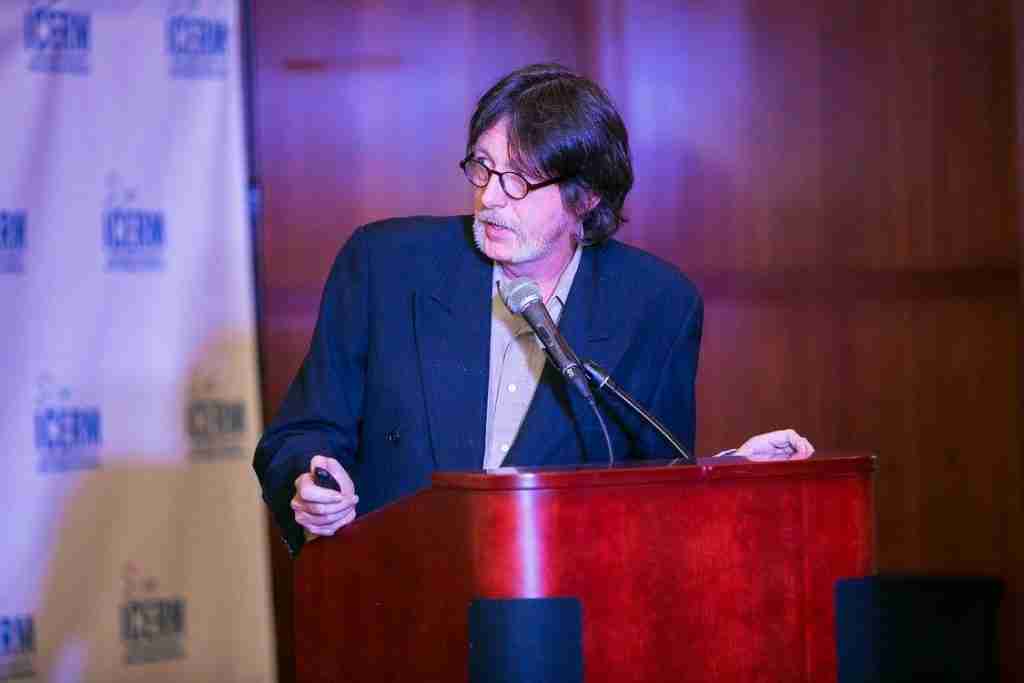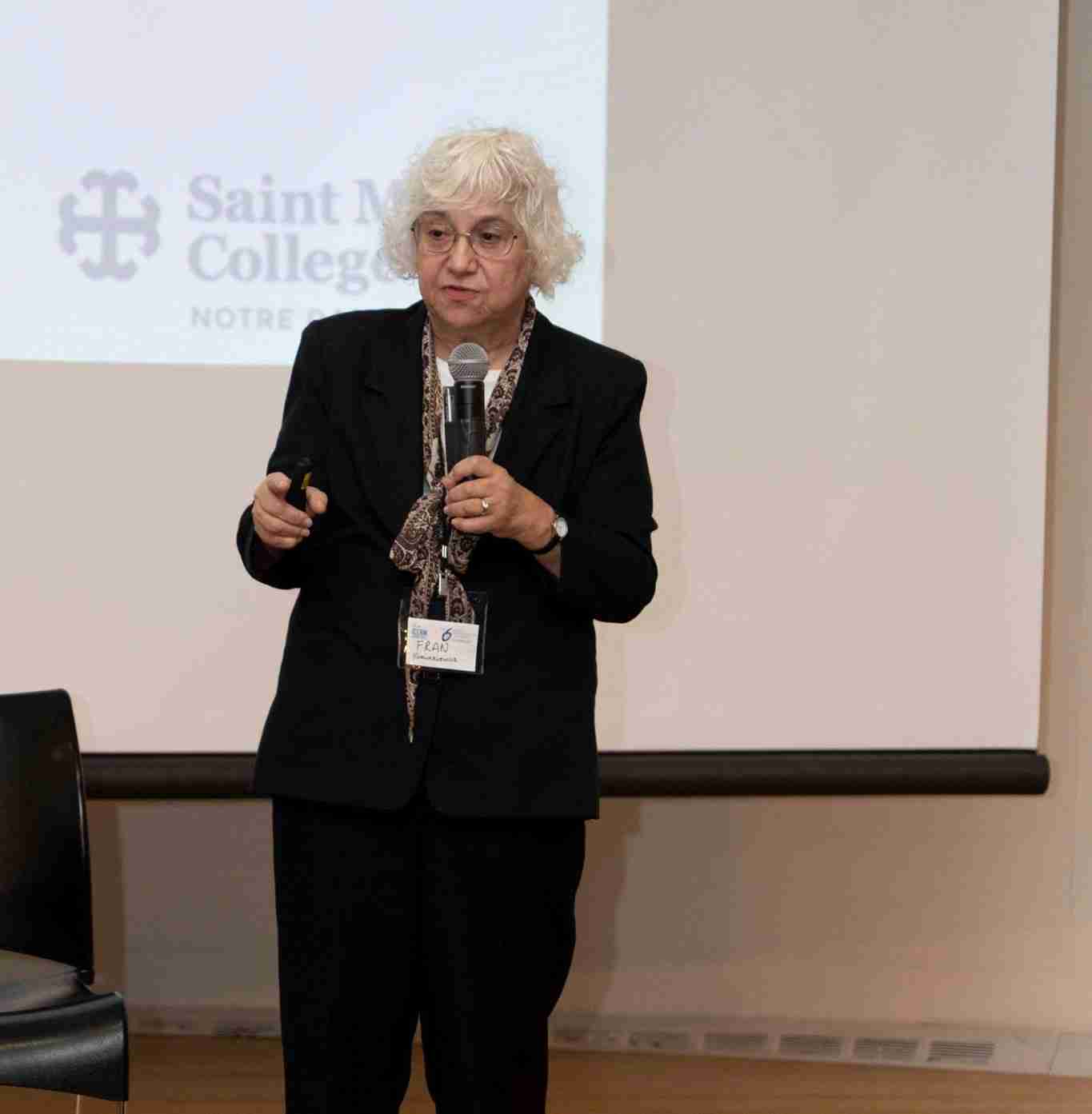Peace Farmer: Building a Culture of Peace

Peace Farmer: Building a Culture of Peace with the Grandson of Mahatma Gandhi on ICERM Radio aired on March 26, 2016.

In this episode, the grandson of Mahatma Gandhi, Arun Gandhi, shared his vision of world peace, a vision rooted in nonviolence activism and the transformation of the opponent through love.
Listen to the ICERM Radio talk show, “Lets Talk About It,” and enjoy an inspiring interview and a life-changing-conversation with Arun Gandhi, the fifth grandson of India’s legendary leader, Mohandas K. “Mahatma” Gandhi.
Growing up under the discriminatory apartheid laws of South Africa, Arun was beaten by “white” South Africans for being too black and “black” South Africans for being too white; so, he sought eye-for-an-eye justice.
However, he learned from his parents and grandparents that justice does not mean revenge; it means transforming the opponent through love and suffering.
Arun’s grandfather, Mahatma Gandhi, taught him to understand nonviolence through understanding violence. “If we know how much passive violence we perpetrate against one another we will understand why there is so much physical violence plaguing societies and the world,” Gandhi said. Through daily lessons, Arun said, he learned about violence and about anger.
Arun shares these lessons all around the world, and is a visionary speaker at high level meetings including the United Nations, educational institutions, and social gatherings.
In addition to his 30 years professional experience as a journalist for The Times of India, Arun is the author of several books. The first, A Patch of White (1949), is about life in prejudiced South Africa; then, he wrote two books on poverty and politics in India; followed by a compilation of M.K. Gandhi’s Wit & Wisdom.
He also edited a book of essays on World Without Violence: Can Gandhi’s Vision Become Reality? And, more recently, wrote The Forgotten Woman: The Untold Story of Kastur, the Wife of Mahatma Gandhi, jointly with his late wife Sunanda.



